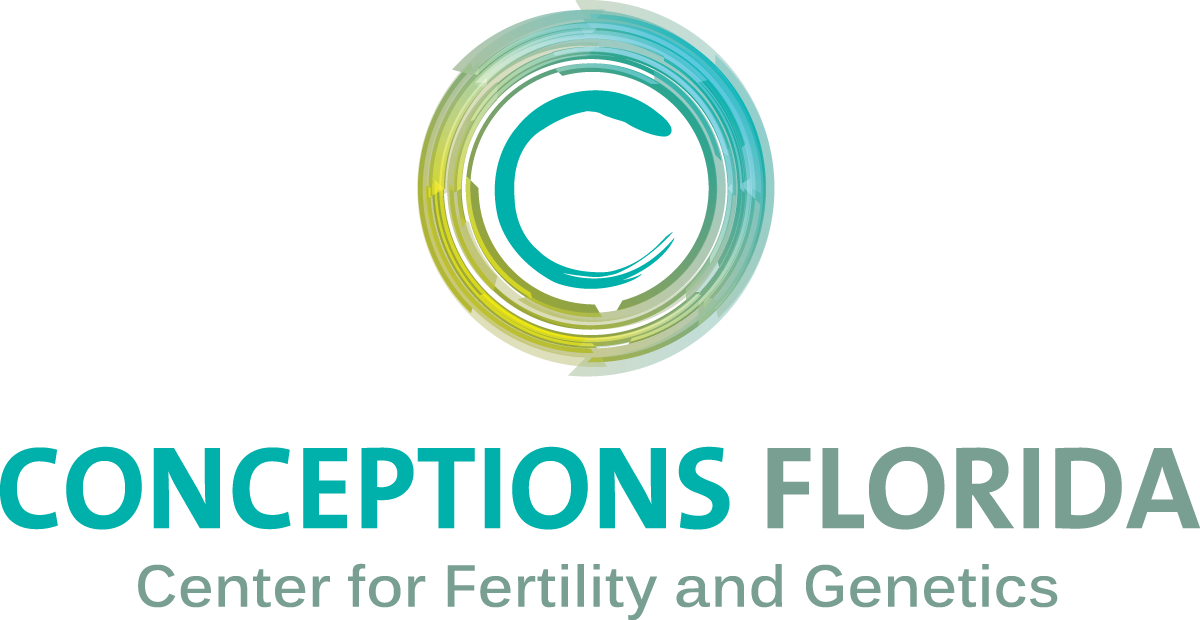By Juan P. Alvarez, M.D, FACOG
2013 was the historic year when egg freezing was no longer deemed experimental.
Since then, there has been a growing number of women who have elected to freeze their eggs and this trend continues to rise.
We see this trend firsthand in our Coral Gables and Miramar offices and wanted to share with you the five most common questions.
Question #1: Why Freeze your eggs?
Been thinking of freezing your eggs?
You are in good company. The average age for women having their first child has been increasing over the last several years. As this trend continues, more women are opting to freeze their eggs as a way of buying time to find a partner or as a form of insurance against age-related infertility.
Reproductive aging is one of the most common reasons women choose to freeze their eggs. Women are born with a set number of eggs. As they age, the number and quality of eggs decrease, especially after the age of 35. Freezing eggs allows women the freedom to advance their education or career or optimize the time to find the right partner.
There are also those who freeze their eggs for medical reasons. Chemotherapy and radiation therapy for cancer can damage your eggs. Certain medical conditions may also prevent a woman from having a functional uterus, or require her to have her ovaries or uterus removed before having a child. For these women, harvesting their eggs for future use themselves or with a surrogate, provides the opportunity to have a biological child of their own.
Question #2: When Should I Freeze My Eggs?
As a reproductive endocrinologist and infertility specialist practicing in South Florida, many patients come to me with a variety of questions regarding egg freezing.
The most common question is: when should I freeze my eggs?
My most common answer…it depends.
So many factors go into the decision to freeze your eggs: age, financial status, relationship status as well as your physical and mental health.
So a one-size-fits-all answer would not be beneficial.
The one blanket statement I can make is younger is generally better, since, as we mentioned previously, the quality and quantity of eggs decrease with age. Thirty-Five years of age is the recommended cutoff if you are not planning on having children in the next 6-12 months, thought I have treated women who have had success freezing their eggs in their late 30s or 40s.
Question #3: Is Freezing Your Eggs Safe?
Egg freezing is no longer an experimental procedure and is considered a very safe fertility preservation option.
The process begins with ovarian stimulation using injectable hormones so that follicles in the ovary grow to allow the egg to mature. These injections take on average 10-14 days to allow the egg to prepare for maturation. The injection needles are small, like an insulin needle. After the eggs are fully matured, the mature eggs are then removed during an in-office surgical procedure. This is a fairly quick outpatient procedure with anesthesia. After the eggs are out of the body, they are frozen right away in a process called vitrification. This process allows women more choices than ever and gives them more control over their fertility and their lives.
Question #4: Do Frozen Eggs Work?
The probability of getting pregnant with frozen eggs depends on the age at which the eggs were frozen and the number of eggs frozen. Since egg freezing is a newer technology, we don’t have a robust amount of data on live birth rates using frozen eggs. However, there are some really good models that can predict live birth rate success. To date, the best predictive tool was developed at Brigham and Women’s Hospital in Boston. According to their model, a woman who is less than 35 has a 90% chance of having 1 live birth if she freezes 20 eggs. With that same model, a woman who is 37 and freezes 20 eggs has a 75% chance of having 1 live birth. With this model, we can see the impact of age on success.
Question #5: You have frozen your eggs. What next?
The next step is up to you.
Since eggs are basically frozen in time and there is no biologic activity, they never age while frozen.
My best advice is to consider these eggs as a backup plan, in case you are having difficulty getting pregnant. There isn’t a single test that can tell you if you will or will not have problems conceiving. The best test would be to try and see.
If you are 35 plus and have been trying to get pregnant for six months or longer, then it is appropriate to do a fertility work up prior to using the frozen eggs.
Making fertility decisions can be overwhelming. But we have the answers to all of your questions, the most common and the ones unique to you.




